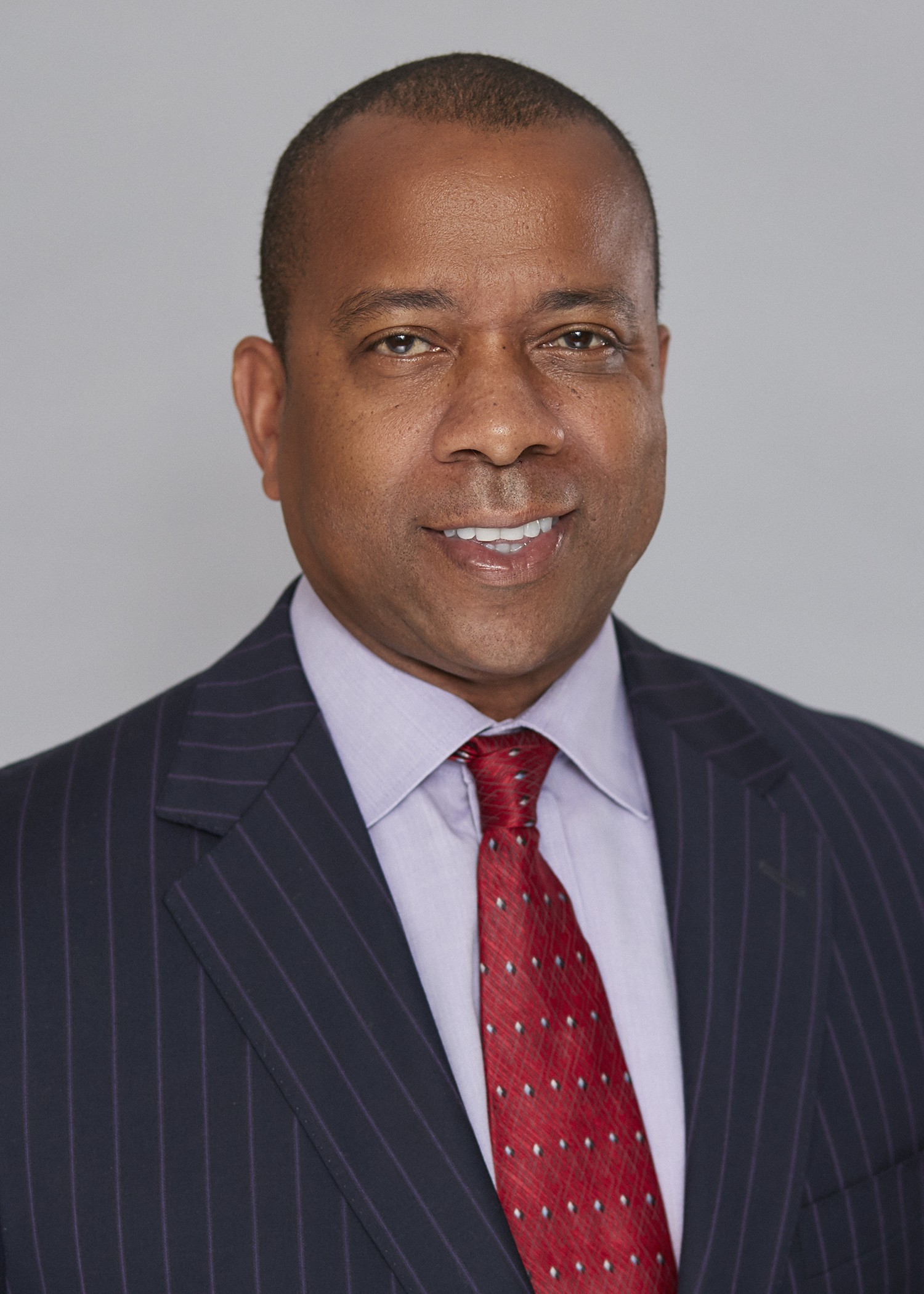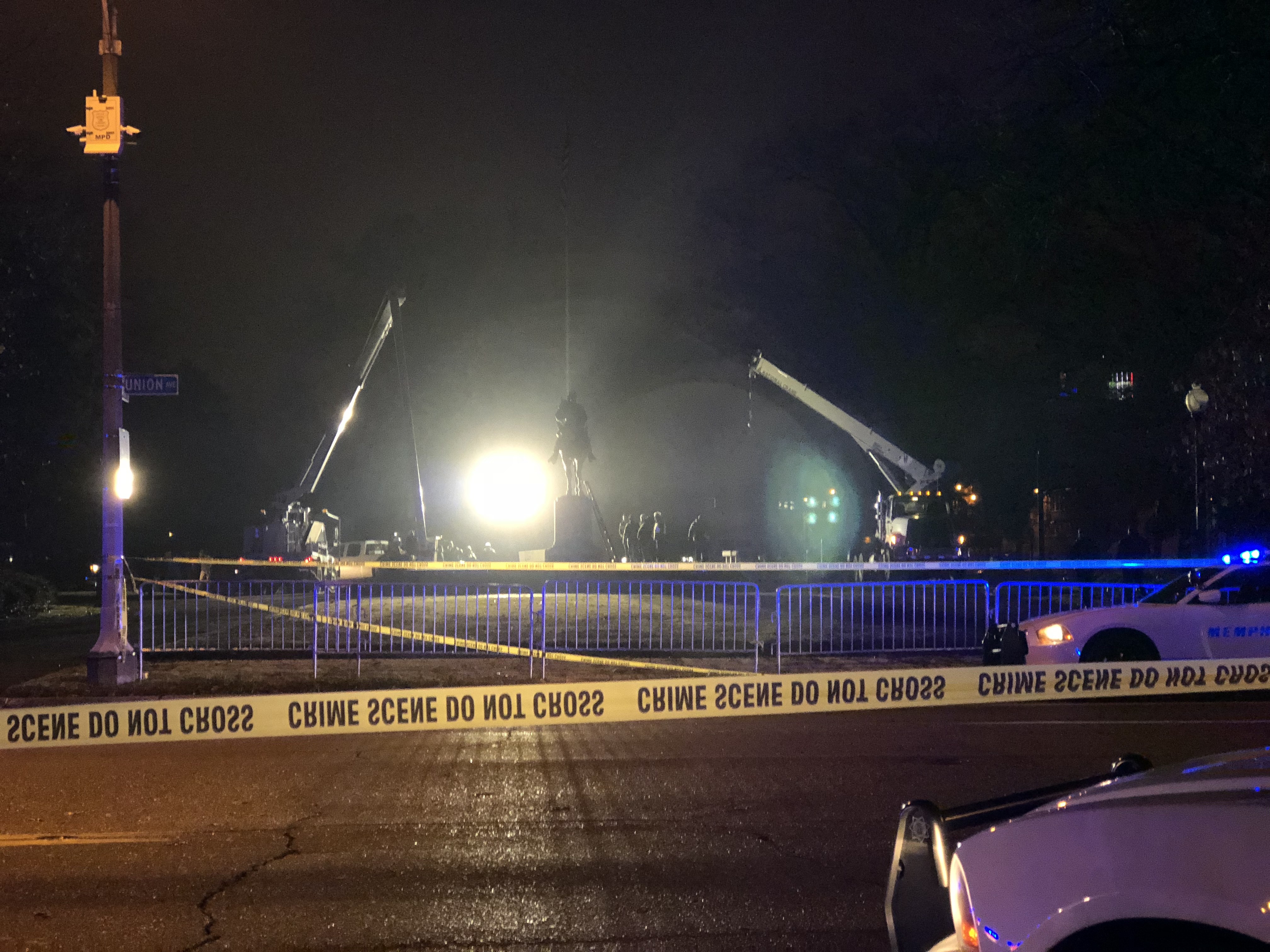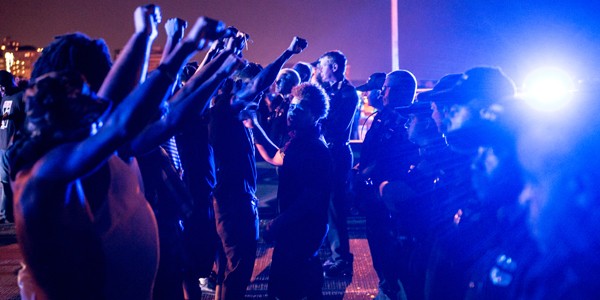
McMullen
Two days ahead of the municipal election here, a Memphis City Council member raised concerns about a conflict of interest between the city and its Chief Legal Officer (CLO).
Councilman Martavious Jones said Tuesday that because Bruce McMullen, the city’s CLO, is a shareholder at the Baker Donelson law firm, which is contracted by the city, there could be an unfair benefit for McMullen.
Jones said that since McMullen was appointed in 2016 by Memphis Mayor Jim Strickland, Baker Donelson has received a 427 percent increase in revenue.
Jones said that Baker Donelson’s revenues from the city have been steadily increasing, going from about $330,500 in 2016 to $452,000 so far in 2019. He said the firm earned just under $1 million for its work on the federal police surveillance trial last year.
Jones gave all of these figures during a council committee hearing Tuesday. It was unclear where Jones got the information.
Jones noted that per city ordinance, an officer of the city is not allowed to receive benefits from increased contracts with the city.
“The transparency required for a public entity is different than the private section,” Jones said.
McMullen said that there are procedures in place to prevent conflicts of interest from occurring. McMullen said that he does not participate in referring cases to Baker Donelson. Instead, that’s done by the city’s deputy attorney Mike Fletcher and approved by the mayor.
McMullen also said that he personally does not receive any financial benefits for the cases the city contracts Baker Donelson to try.
Fletcher added that the earnings Baker Donelson made between 2008 and 2011 for contracting with the city is “comprable, if not more,” than the amounts between 2016 and now.
[pullquote-1]
Strickland released a statement shortly after the discussion, saying that “there is no conflict of interest or ethical violation on the part of the Chief Legal Officer.”
“In addition, some of our best CLOs in the past have served in a part-time capacity, including Cliff Pierce and Robert Spence,” Strickland said. “Chief McMullen serves us well in his part-time capacity and has represented the city with integrity.”
Strickland continues, saying that Baker Donelson is one of the “most pre-eminent firms in the country,” and it has represented the city for more than 40 years.
“As mayor, I will not deny the city access to this firm simply because our Chief Legal Officer is a member,” Strickland said. “I made that clear when Bruce was appointed, and I stand by that decision.”
To avoid this type of potential conflict of interest in the future, “whether perceived or real” Jones is working on a city ordinance that would require all city officers and directors appointed by the mayor to work full-time. Currently, McMullen works part-time for the city.
Requiring all officers and division directors to be full-time would ensure they are “dedicated primarily to the duties of their office and needs of the city,” a draft of the ordinance reads.
The ordinance also would require officers and directors to be residents of the city. Doug MGowen, the city’s chief operating officer, said the city charter would have to be amended to put that requirement in place. The charter can only be amended by referendum, he said.
Jones plans to bring an amended version of the ordinance back at the council’s next meeting in two weeks for further discussion.


 Brandon Dill
Brandon Dill 